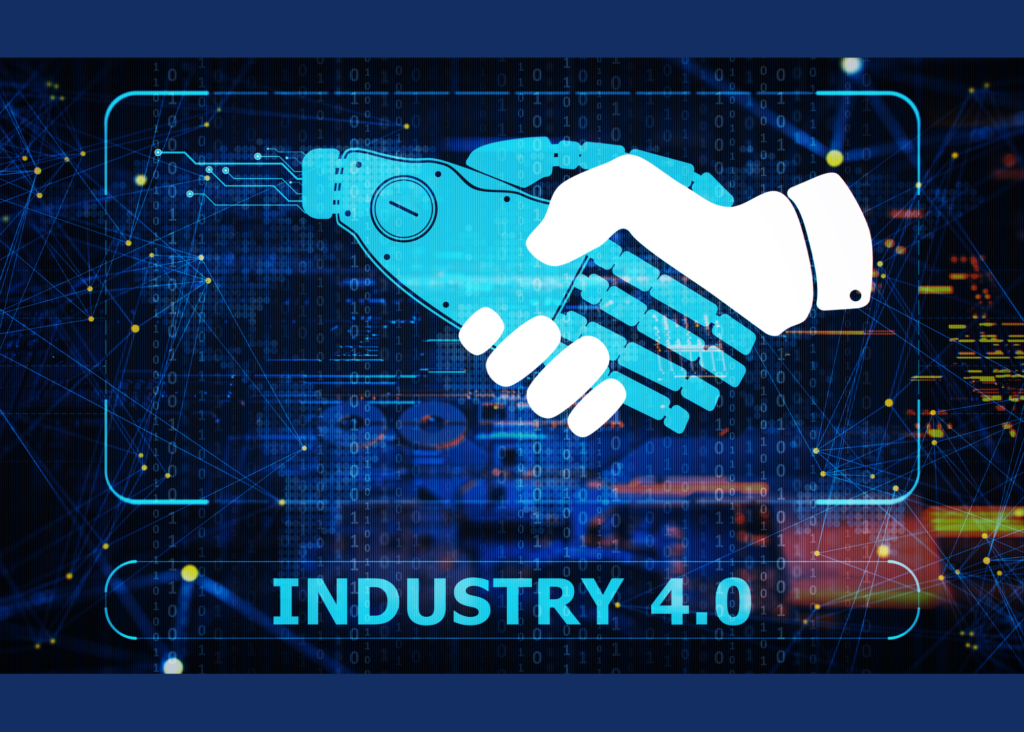
OpenAI developed GPT-4.0, a multimodal model that accepts images as well as text inputs and outputs text. In addition to its human-level performance on various academic and professional benchmarks, GPT-4.0 boasts a multimodal nature that allows businesses to feed it a wide range of data. Companies can use the model to summarize PDFs, aggregate and contextualize chart data, analyze and critique contracts, or identify visual irregularities in physical infrastructure.
As OpenAI’s most advanced system, GPT-4.0 can solve difficult issues with greater accuracy. Its broader general knowledge and problem-solving abilities enable it to produce safer and more useful responses.
In comparison to previous versions of GPT, GPT-4.0 has several improvements. As a result, GPT-4.0 has a larger memory than previous versions. While GPT-3.5 could only handle around 8,000 words, GPT-4.0 can now read, analyze, or generate up to 25,000 words. GPT-4.0 also has a strong sense of ethics built into it. For example, ChatGPT added filters to its original engine (GPT-3.5) to prevent it from giving inappropriate answers.
Overall, GPT-4.0 is significantly smarter than its previous model and scored in the 90th percentile on the Uniform Bar Exam. With the development of GPT-4.0 and its advanced natural language processing capabilities, we can expect significant improvements in virtual assistants, chatbots, and customer service interactions. By utilizing these technologies, users will have a more accurate and personalized experience in answering their questions.
The logistics industry could benefit from improved communication between customers and service providers. Customers could track their packages or schedule deliveries more easily with a chatbot. The chatbot would be able to understand the customer’s needs and provide customized responses based on their individual situation.
In addition, GPT-4.0 could help logistics companies improve their internal communication. For example, by using virtual assistants, employees could easily access information or complete tasks without having to navigate complex systems.
Ultimately, GPT-4.0 can improve customer and employee communication and efficiency in the logistics industry.
